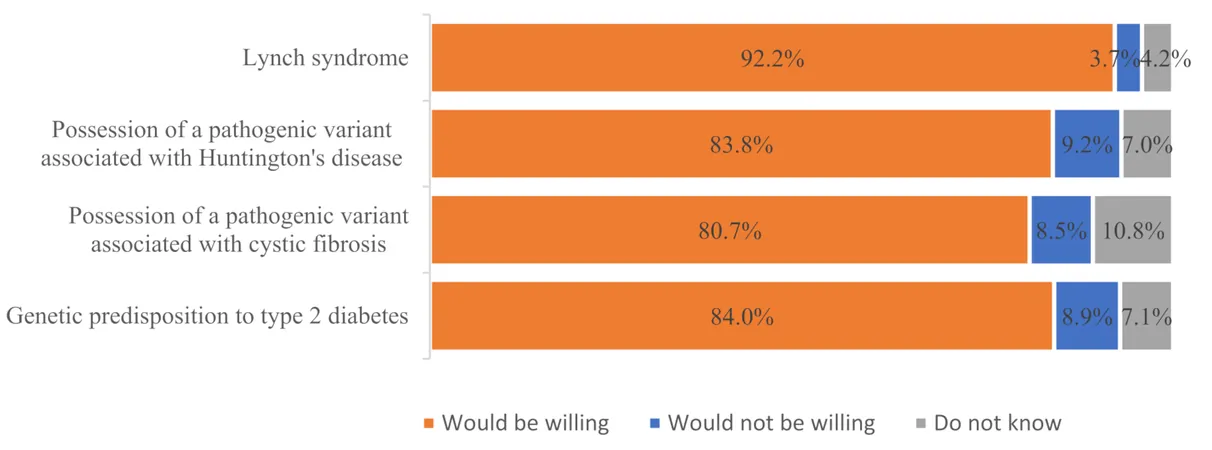
Revolutionary Nano-Filter Set to Make Infrared Spectroscopy Affordable and Portable
2025-06-16
Author: Sarah
A Game-Changer in Infrared Technology
Imagine wielding a powerful spectrometer that fits in your pocket—sounds futuristic, right? Thanks to groundbreaking advancements in nanotechnology, that dream is on the brink of reality! A new infrared light filter could drastically reduce the size and cost of scanning and screening technology, transforming infrared spectroscopy as we know it.
Currently, traditional infrared spectroscopy setups are bulky and come with hefty price tags, ranging from $10,000 to a staggering $100,000. But this innovative heat-tunable filter, developed by experts led by Professor Kenneth Crozier at the ARC Center of Excellence for Transformative Meta-Optics (TMOS), aims to change all that.
Affordable Innovation: Silicon-Based Magic
Crafted from silicon technology, this new filter not only promises significant cost reductions but could potentially bring down prices to under $1 per unit, enabling mass production like never before.
"The mid-infrared is ripe for technological development," Professor Crozier noted, hinting at a world of possibilities that could arise from this tiny tool. The compact, lightweight, and low-power design could be a game changer for field applications such as testing agricultural products like milk and olive oil, as well as aiding in recycling processes.
Stable, Efficient, and Highly Effective
But how does it work? Unlike traditional spectrometers that require bulky gratings or prisms to spread light across the spectrum, this innovative approach utilizes a stationary band-pass filter to selectively target infrared wavelengths. Leveraging the unique properties of silicon, the researchers designed a filter that effectively changes its behavior based on temperature, creating the ideal conditions for precise spectroscopic measurements.
Through detailed experimentation, the TMOS team crafted a metasurface—a thin layer of silicon embedded with tiny, intricate features—precisely engineered to deliver varied light spectrum manipulation.
Real-World Testing: The Results Are In!
Initial tests yielded impressive results, with the filter successfully distinguishing between various materials, such as identifying different types of clear, recyclable plastics. The team also confirmed its effectiveness in performing measurements on everyday items like polymide tape and a zinc selenide window.
"With growing interest in portable infrared spectroscopy for environmental monitoring and agricultural applications, this filter holds the promise of revolutionizing the field," the researchers concluded. This breakthrough not only enhances the accessibility of infrared spectroscopy but also paves the way for a sustainable future, where advanced technology becomes affordable for all.




 Brasil (PT)
Brasil (PT)
 Canada (EN)
Canada (EN)
 Chile (ES)
Chile (ES)
 Česko (CS)
Česko (CS)
 대한민국 (KO)
대한민국 (KO)
 España (ES)
España (ES)
 France (FR)
France (FR)
 Hong Kong (EN)
Hong Kong (EN)
 Italia (IT)
Italia (IT)
 日本 (JA)
日本 (JA)
 Magyarország (HU)
Magyarország (HU)
 Norge (NO)
Norge (NO)
 Polska (PL)
Polska (PL)
 Schweiz (DE)
Schweiz (DE)
 Singapore (EN)
Singapore (EN)
 Sverige (SV)
Sverige (SV)
 Suomi (FI)
Suomi (FI)
 Türkiye (TR)
Türkiye (TR)
 الإمارات العربية المتحدة (AR)
الإمارات العربية المتحدة (AR)